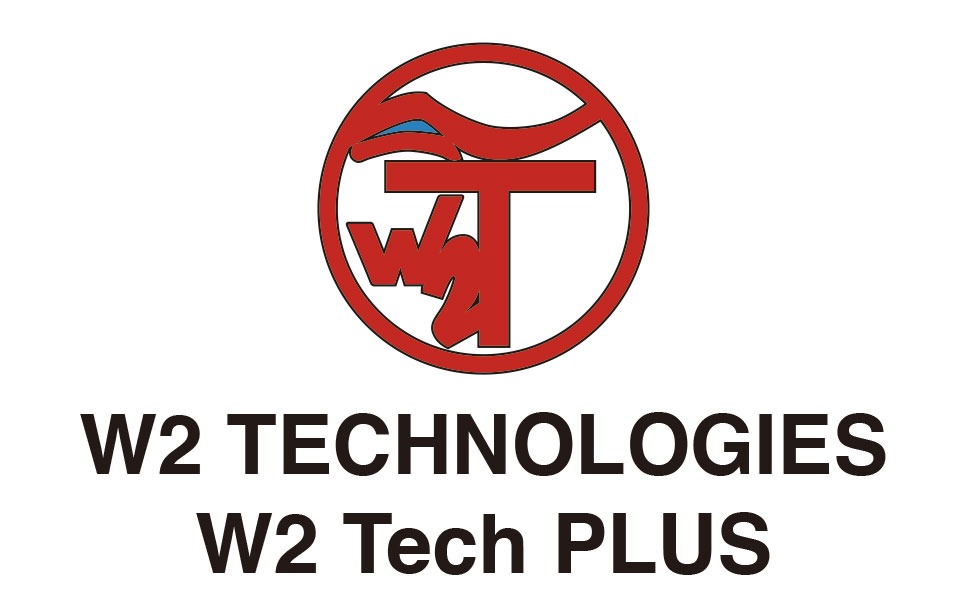Hard, Resin Plastic
Conventional hard resin lenses are half the weight of glass lenses and can be tinted to almost any color and density. Hard resin lenses are more easily scratched than glass but can have an optional scratch protection applied. More impact resistant than glass, hard resin lenses do not require tempering.
Lighter, Thinner Lenses
Modern technology has created lenses that bend light differently so that stronger corrections are thinner than when made in conventional materials. Such lenses are called “high index” and stronger corrections are more attractive because they are slimmer. Glass lenses are also available with the slimming advantages of high index but are considerably heavier. High index plastic uses less material so they are often lighter in weight. High index lenses absorb all harmful UV light and can be tinted to any shade or color.
Lenses That Darken in the Sun
These are lenses that darken as you go from indoors to outdoors. They are available in glass, hard resin and polycarbonate. Originally made to darken to a moderate shade, new versions are available that darken to a true sunglass. Ask for a demonstration of these lenses.
Polycarbonate
Polycarbonate lenses are the most impact resistant lenses available and are always the lens of choice for young people and active patients. Polycarbonate lenses are high index and usually provide the lightest, most comfortable lenses. They absorb all harmful UV light and can be made ultra thin because of their unique strength.
Trivex
Comparable to Polycarbonate lens material, Trivex lenses provide 100% protection from the suns harmful UV rays while remaining lightweight, highly impact resistant, and an excellent choice for safety eyewear. Trivex also offers a higher optical quailty, ideal for rimless frames.
Lens Designs
Single Vision Lenses
Single vision lenses function as all purpose glasses for persons who have normal accommodation. Persons who normally wear bifocals or trifocals can use single vision for distance or near glasses. Single vision lenses can also function as occupational glasses for certain types of work. Single vision lenses can be ordered in all materials.
Aspheric Lenses
These new lenses provide special visual and cosmetic benefits for stronger corrections and increase edge to edge clarity. Flatter than conventional lenses, aspherics eliminate the “buggy” appearance of strong plus lenses (far-sighted corrections) and improve the appearance of finished eyewear. Near-sighted persons also benefit from thinner, lighter weight glasses when the lenses are aspheric. Aspheric lenses are positioned closer to the face so there is less eye magnification with farsighted corrections and less “small eyes” look with nearsighted corrections. Aspheric lenses can be ordered in high index materials for the ultimate in attractive thin lenses.
Flat Top Bifocals
This is the most common bifocal form and is available with the bifocal portion made in a variety of widths to aid in various close-up occupations. Flat top bifocals can be ordered in every type of lens material.
Trifocals
Trifocals come in a variety of designs. Flat-top trifocals are the most widely used form. The added segment provides clear vision at arm’s length distance, that middle area that is often blurred for bifocal wearers. Trifocals can be ordered in all lens materials.
Progressives (no line bifocals)
These modern lenses provide all the benefits of bifocals but add the feature of continuous clear vision at all distances, including mid-range distance (arm’s length). People like Progressives because they look like single vision lenses, never revealing the need for bifocals. Progressives are available in all lens materials and also made in aspheric form. Because of all these advantages, they are becoming the lens of choice for bifocal and trifocal wearers
Occupational Requirements
Many jobs impose demanding visual requirements on people who wear bifocals or trifocals. Special occupational designs are available to solve these special needs. If the visual requirements of your job falls into this category, let us know so we can determine what will work best for your personal needs.
Sports Glasses
All sorts of special lens designs are available for the special visual needs of sports enthusiasts. Polycarbonate is usually the material of choice for active sports.
Computer Glasses
There are a variety of special lenses for computer users. These include special filters tints and anti-reflection coatings. See also computer glasses for more information.
Polarized Sun Lenses
These are the exciting sunglasses that eliminate reflected glare. They are especially appropriate for drivers, fisherman, hunters, and all types of outdoors activities.
Optional Lens Treatments
Scratch Protection Coating
Light weight hard resin lenses can be more easily scratched than glass lenses. Special coatings have been developed to help protect lenses from normal scratching. The modest additional cost for such scratch coating is usually a prudent investment. Some of the newest lens materials include scratch coating.
UV Protection
The ultraviolet rays found in sunlight can pose potential harm to eyes. Special treatment is available for hard resin lenses that completely blocks hazardous UV light. Lenses like polycarbonate, high index and photochromatic lenses include built-in UV protection at no extra cost.
Anti-Reflection Coatings
Special anti-reflective coatings are now available for special lenses, much like those used for fine camera lenses. These coatings are particularly effective for reducing eye fatigue for computer operators and anyone driving at night. And, of course, AR lenses enhance appearance by removing all distracting reflections.
